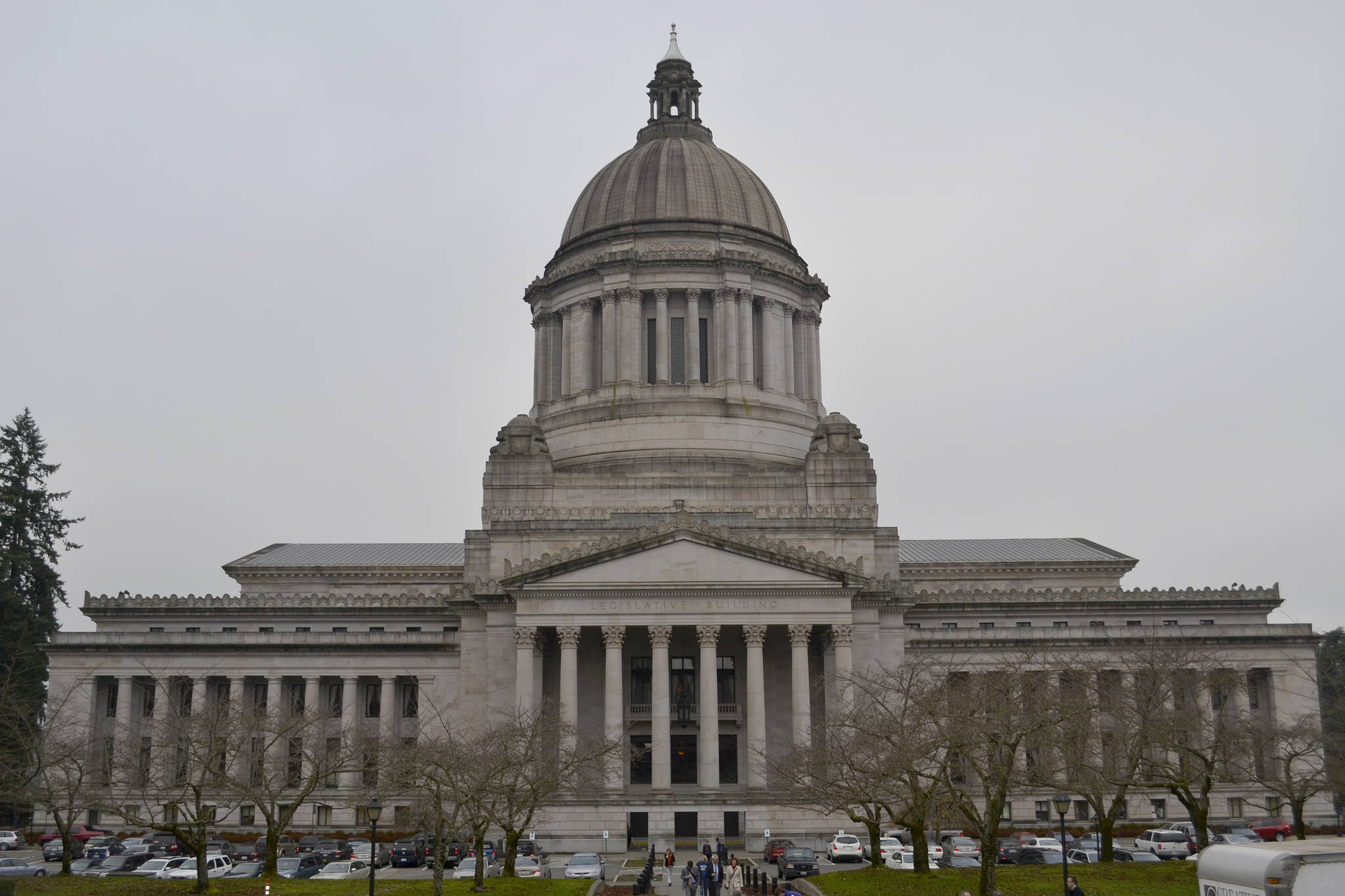Lawmakers re-heard a bill on Thursday, Jan. 11 that would ban the practice of conversion therapy on any patient under 18 years old. The bill, introduced last year, would make a practice that tries to change a person’s sexual orientation or gender identity considered unprofessional conduct for any state licensed health care provider.
Senator Marko Liias D-Edmonds, the bill’s prime sponsor, called the practice “monstrous” and “torture” for lesbian, gay, bisexual, transgender, and queer youth at the beginning of the bill’s Jan. 11 hearing.
He said conversion therapy includes practices like inducing nausea, pain, or discomfort in an attempt to make a person associate those feelings with same sex images.
Liias pointed to research from the American Psychological Association which says LGBTQ youth are more likely than other adolescents to experience mental health issues, face substance abuse, or attempt suicide. He said conversion therapy only makes the situation more dire.
Lucy Homans, director of Professional Affairs & Legislative Consultant for the Washington State Psychological Association, said in the bill’s hearing that almost every professional medical and psychological association in the state supports eliminating conversion therapy.
“The reality is that these treatments are inaccurate, prejudicial, and have no basis to a positive outcome,” she said. “To me that is a good reason to make this kind of therapy inactive.”
Nicholas Oakley, project manager with Children and Youth Justice, said bills like this one set social norms and reflect societal values. His main concern is making sure the proposed law has a real impact on youth in the foster care and criminal justice systems. He said youth subject to this treatment often run away or exhibit dangerous behavior.
In addition to physical methods, Liias’ bill also outlaws forms of talk therapy that are emotionally abusive for children.
“Words can be just as scarring and sometimes more so than those physical experiences,” Liias said.
Some therapists oppose the bill because it might ban talk therapies that they say are helpful. Two people testified at the hearing saying the therapy they engaged in was not abusive and helped them talk through unwanted feelings of same-sex attraction.
Gretchen Stockman is a marriage and family therapist in Puyallup who says the potential legislation might sweep up forms of talk therapy that don’t immediately agree with a patient’s viewpoint.
Stockman also expressed her concerns that the bill’s intent is to protect children from parents who might want to change their children’s sexual orientation. There are already protections in place for these concerns, she said, and good therapists will recognize parent concerns and educate them.
“I think I speak for a lot of therapists that we are quick to tell parents we are not here to fix your child,” she said. “We are here to provide a safe environment for them to explore and set their own goals.”
Liias said the bill is careful to include First Amendment religious protections and does not discourage families from seeking non-medical forms of therapy.
“It’s a family’s right to have those conversations,” he said.
Brian Tingley, a therapist with Family Foundations, says the proposed bill is too ambiguous because it does not define conversion therapy or specify treatment regimes.
“With this ambiguity therapists would have no protection of accusations of substantiated wrongdoing,” he said.
Tingley claimed that the bill is also based on a misguided notion that abusive practices still exist.
“We need to discipline poor therapists, not imaginary therapies,” he said.
Liias, one of the state’s openly gay legislators, said these practices are very real and said he’s talked with families and young people who had traumatic experiences going through conversion therapy, some still facing difficulties from trauma years ago. He also said there are many valid reasons for some of those people to not come forward and testify, including re-traumatization, stigma, embarrassment, and anxiety.
He said the bill would not create a chilling effect for therapists and it would only disallow therapists to seek a predetermined outcome for a patient or engage in abusive practices.
This report was produced by the Olympia bureau of the Washington Newspaper Publishers Association.



